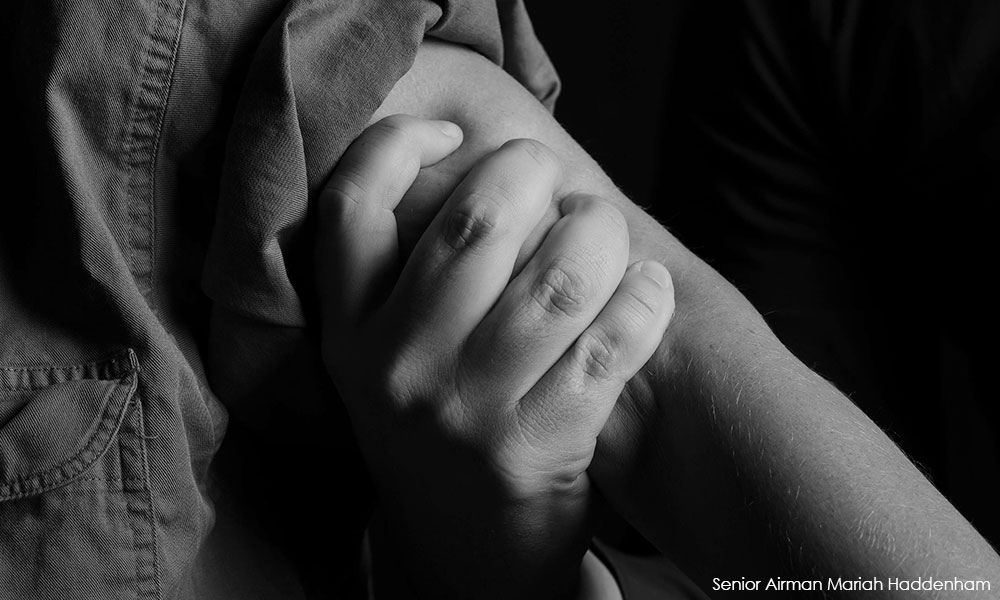COMMENT | Domestic violence is a serious public health concern. Domestic violence affects hundreds of thousands of Malaysian women and is associated with other negative health conditions. More survivors seek help from hospitals and clinics compared to any other service provider – including the police, welfare and NGOs.
Despite this, we lack reliable and consistent data on domestic violence in Malaysia. Has domestic violence prevalence increased or decreased over time? Which groups of women are most susceptible? How has the public understanding of domestic violence changed over time?
We don’t really know. And without this information, we cannot formulate and evaluate policies effectively.
To fill this gap, we must include questions on domestic violence in the National Health and Morbidity Survey (NHMS) from now onwards.
The National Health and Morbidity Survey equips policymakers with reliable and consistent data.
Last week, the Ministry of Health published the latest NHMS 2019 results. The NHMS is a series of nationally representative surveys that collects health information from Malaysian communities. The surveys are done periodically and cover various themes. The results are used to improve healthcare policies and services.
For example, the NHMS 2019 focused on non-communicable diseases and involved 33,000 adult and child respondents. The survey found that close to one in five adults in Malaysia has diabetes and half of these individuals have never been diagnosed or even screened for the disease.
This information not only alerts policymakers to a critical health issue and allows them to take appropriate action, but also empowers individuals to make better decisions about their own health. And because this data is collected regularly, policymakers can better plan and evaluate policies.
Including domestic violence in subsequent surveys would similarly help policymakers and individuals make better decisions to respond to domestic violence.
We do not have consistent data on domestic violence prevalence and trends in Malaysia.
There has only been one comprehensive study on the prevalence of domestic violence in Malaysia published in 2014 by University Sains Malaysia researchers. This study found that nine percent of ever-partnered women in Peninsular Malaysia have been abused by a partner.
This study – though instrumental – was one-off, and therefore does not establish wider trends and patterns. The study also did not cover Sabah and Sarawak.
The police, Welfare Department and the Ministry of Health respectively compile data on domestic violence cases that they handle. However, this data tells us only the number of reported cases of domestic violence and not the overall proportion of the population who has experienced it, meaning we can gather little about trends and policy effectiveness. For example, if the number of cases reported to the Ministry of Health increases, does this reflect an increase in domestic violence or more awareness to get help?
If we collect domestic violence prevalence data through the NHMS, we could answer these questions – and design better policies. For instance, if we learned that certain groups of women were more susceptible to domestic violence, or what the age range was during which a majority of women experienced domestic violence, we could design more targeted interventions.
In fact, the National Committee on Domestic Violence – a multi-stakeholder committee chaired by the Ministry of Women, Family and Community Development – had in 2019 identified the lack of data on domestic violence prevalence as a key barrier to evidence-based policymaking. The committee recommended including domestic violence in the NHMS.

Domestic violence affects survivors’ mental, physical, sexual health—and can be fatal. Domestic violence can result in physical injuries, including fatal ones. Worldwide, 58 percent of female homicide victims were killed by their intimate partners or family members, according to a 2018 UN report.
Additionally, according to the World Health Organisation, women who are abused have a higher risk of Aids, STIs, depression, anxiety, post-traumatic stress disorder, suicide attempts, and other health conditions as compared to women who are not abused. Thus, preventing and effectively addressing domestic violence also helps reduce other illnesses and, in turn, alleviates the burden on the healthcare system.
Collecting data on domestic violence prevalence will help Malaysia fulfil its obligations under international law, and is in line with international practices
Among Malaysia’s obligations under the Convention on the Elimination of All Forms of Discrimination Against Women (Cedaw) is to put mechanisms in place to ensure justice and protection for women survivors of violence. In 2018, the Cedaw committee specifically recommended to Malaysia in its "Concluding Observations" to establish a system to regularly collect, analyse and publish data on gender-based violence.
Similarly, one of the indicators for Sustainable Development Goal (SDG) Five on gender equality is the “proportion of ever-partnered women and girls aged 15 years and older subjected to physical, sexual, or psychological violence by a current or former intimate partner in the previous 12 months, by a form of violence and by age.”
The inclusion of domestic violence in the NHMS would therefore also facilitate data gathering and reporting under both Cedaw and the SDGs and help Malaysia in fulfilling its obligations under international law.
Various countries and jurisdictions regularly collect domestic violence data through representative national surveys, including Indonesia, India, South Korea, the UK, Australia, and the US, to name a few.
Without an understanding of the full scale of domestic violence in Malaysia, and the trends around its impact on various communities, our response will remain piecemeal.
Including domestic violence in the current and subsequent cycles of the National Health and Morbidity Survey is a straightforward way of gathering the critical information we need to tackle domestic violence as a public health issue.
The Women’s Aid Organisation provides free shelter, counselling and crisis support for women and children who experience abuse.
The views expressed here are those of the author/contributor and do not necessarily represent the views of Malaysiakini.

